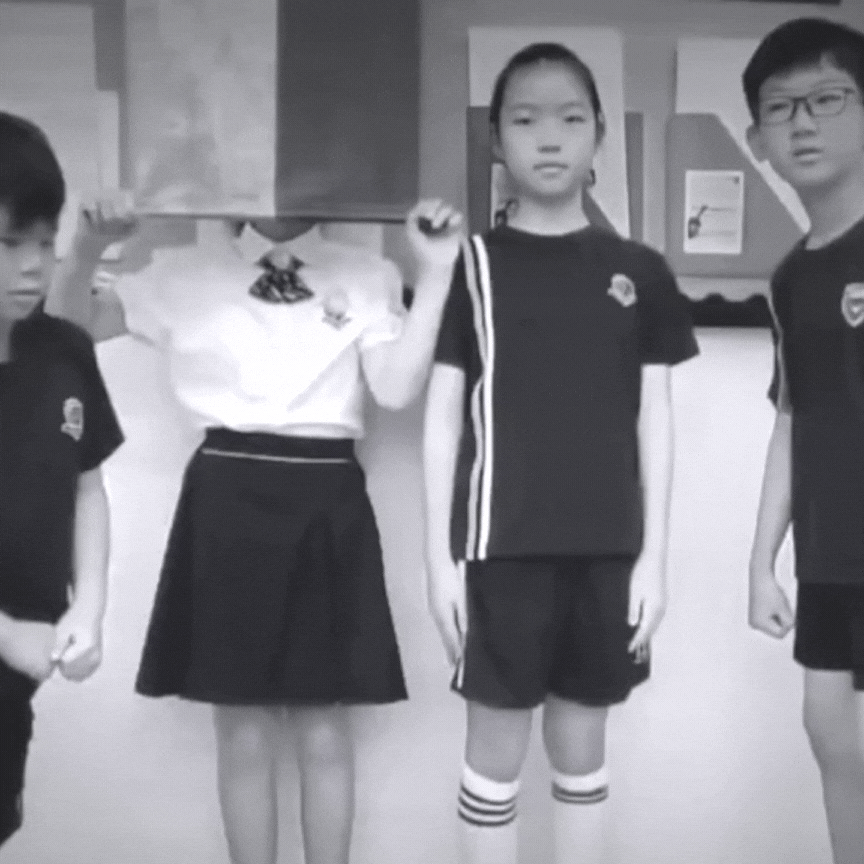




YEAR 4:
HOGWARTS SCIENTIFICA OBSCURA



Preparation Surfaces

Hugo, Charlotte, Rosie & Sting
We have been selected to form an advisory in materials committee for the ‘Quidditch World Cup Association’. We were asked to explore and investigate using fair testing and comparisons. We investigated a range of materials and their properties, to recommend which materials would be suitable for food preparation surfaces. We were looking for materials that would not absorb water or scratch easily as they might create the right environment for bacteria to grow.


Predictions
What we expect to discover
We wanted to know which material would be the most suitable for food preparation surfaces during the festival. We tested the materials twice, the first time without water and the second time with water. We knew that if the experiment failed either time when we tested it and the result wasn’t the same, that the material would not be suitable. We predicted that China would be the most suitable material and foam would be the most unsuitable material for use with food preparation surfaces.



A Fair Test In Science?
One thing changes, everything else stays the same!
A fair test is where one thing changes and everything else stays the same. We will change the materials we are testing and keep everything else the same. We will observe which material does not soak up water, feels smooth and can be cleaned easily. We will keep the water, cleaning cloth, knife, amount of water and the amount of pressure the same.



The actual INVESTIGATION
What did you do?
We created a table to record our observations. Whilst conducting our experiment, we observed that: wood is hard, absorbent and rough. Aluminium foil is not hard, not absorbent and smooth. Stainless steel is very hard, not absorbent and smooth. Glass is very hard, not absorbent and smooth. Foam is not hard, extremely absorbent and rough. Cardboard is not very hard, absorbent and rough. China is very hard, not absorbent and smooth. Cling film is not hard, not absorbent and smooth.


Findings
What did you discover?
We created a graph using the information of the collected in our table during our investigation. We felt a bar graph was the most suitable way to represent this information. As you will see, the graph shows how hard or how smooth the materials are.



Variables
What would you change?
If we were to repeat this experiment and test some of the variables, we would choose to keep the amount of water the same as well as the equipment we use. However, we could change the temperature of the water and observe if any changes are caused by the temperature of the water.



TO CONCLUDE
Our suggestions
We found out that stainless steel was the most suitable material for food surfaces in the Quidditch World Cup. It was good because it was a light material, smooth to the touch and not absorbent. From our investigation, we also found out that if the material was absorbent, it will be rough to the touch. We did not choose China and glass because these materials are heavy and easy to break. We also didn’t choose plastic because it is too hot and it is likely to melt. Foam isn’t a good choice either because it was too soft and absorbent, and this could cause mould to form. Therefore, it is our recommendation that the ‘Quidditch World Cup Association’ uses stainless steel for all food surfaces during the Quidditch World Cup.
